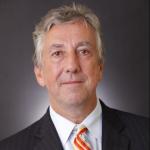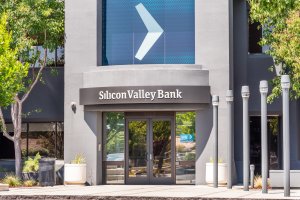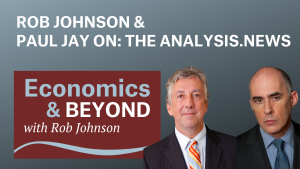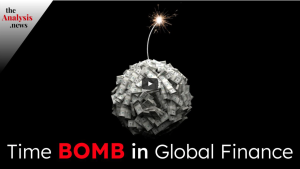In the wake of the 2008 global financial crisis, much of the economics profession has failed to provide a convincing answer to that question. But for the field of economics this is a crucial, existential question, and one that economists must answer if they want to be relevant in arapidly changing world.
The symptoms of this introspective failure are hiding in plain sight. The global financial system has grown increasingly volatile and fragile. Economic inequality has increased all around the world at startling rates. We have continued the rapid and unsustainable degradation of the environment all over the planet, with few signs of slowing down despite some enthusiastic political rhetoric. And our global economic system remains chaotic and disjointed, and severely lacking in clear leadership.
As a result there are many people around the world who are suffering because economics and the economics profession have failed them.
Many of these problems are, at heart, issues of collective action. In recent decades, the sway of the old economic paradigm, which romanticized markets and berated governance, has cumulatively created an inability for societies to provide or maintain public goods. As the saying goes, if the only tool you have is a hammer, everything will look like a nail.
This long period where only market-based approaches were considered as solutions to all problems has resulted in the systemic under-provision of public goods. This is a result that Adam Smith predicted centuries ago. But an economics profession that routinely ignores its own history did not learn his lesson.
The good news is that a new way of thinking abouteconomics is emerging from the ashes of these old ideas. Fortunately there are many new economic thinkers now engaged in understanding the complexrealities of the world we live in.
They are looking at a financial system that is not assumed to be inherently stable and anchored in aknown future, when it is clear that the horizon is marked by non-routine change and radical uncertainty. Models that presuppose a false precision provide false comfort and result in dangerously ba dmaps for society.
They also are looking at the political economy of a world dominated by an interwoven public sector and private corporate governance, where the complex interactions of the public and private sector do not fit neatly into stale dichotomies between “market” and “state.”
They are looking at how to create vital and healthy economies that can be sustainable on a finite planet.
And they are examining the consequences of social and economic inequality and the social instability they create rather than pretending that adverse side effects do not exist.
What does this diverse group of new thinkers have in common? They all represent an approach that understands the economy as a complex human system that is fragile, unstable, and uncertain, and that is connected to the real world and real lives. They understand the importance of context and history, and the contingency of human-built institutions. They do not deify markets and justify contorting societies to serve the demands of this abstract master.
Many young scholars all around the globe are already showing enthusiasm for creating thisnew economics, as young people have been acutely damaged by the failures of the currentsystem and possess the creativity to imagine something different.
Clearly something needs to be done. That’s why on April 4-6, the Institute for New EconomicThinking (INET) gathered many of these innovative thinkers in Hong Kong for its annualconference, titled “Changing of the Guard?” This group includes Nobel laureates, top economists, and policy makers as well as students and young people from across the globe.The goal is to begin the important dialogue that is necessary for creating a better society that is responsive to global problems.
We hosted the conference with the Fung Global Institute, whose president Andrew Sheng has powerfully described the seeds of the 2008 financial crisis that were evident in the aftermath of the 1997 Asian crisis. He is among many important voices that need to be heard in the global conversation about what must come next.
In short, INET is coming to Hong Kong to explore all the elements of this new economic vision.This is an approach to economics that forcefully answers the economists’ existential question. Economists should serve society. And economies and economics are tools - they are a means to facilitate social goals and to promote the public good.
The global economy is not yet back on track. But this fresh perspective and the new economics it creates can light the way.






